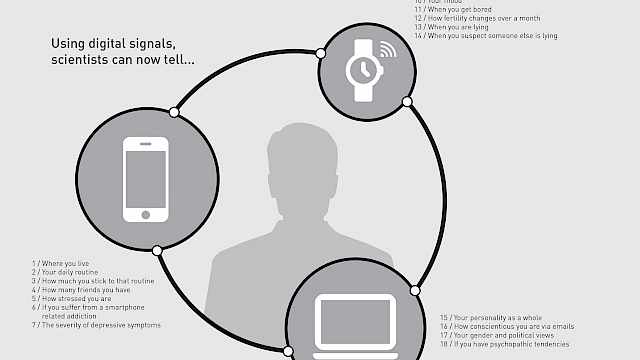In the months and years following the attacks on the United States on September 11 2001, the US government captured and detained many people it believed had ties to al-Qaeda or related terrorist organisations. Interrogating these detainees was seen as an important way to get information that might help prevent future attacks. However, the US government had little experience conducting interrogations since World War Two.
Responding to a knowledge gap about interrogation, in 2004 the Intelligence Science Board (ISB), a group set up by and for the US Intelligence Community to provide it with expert advice, was asked to conduct a study examining what was known from science about interrogation. This effort, the 'ISB Study on Educing Information', was designed to be an engine of change study. We had two central goals: to review the science relevant to interrogation and to engage government experts and organisations in efforts to improve knowledge and practice.
Throughout the study, we worked hard to maintain the trust of the professionals and organisations we worked with
In the first phase of the project, we reviewed the history and current practice of interrogation and interviewing in the US and beyond, and engaged with practitioners and policymakers.
In the second phase, we visited the United Kingdom, France, and Japan, and worked with a team of intelligence and behavioural science experts, and developed an evidence-based 'intelligence interviewing' framework. The framework included factors that the scientific evidence shows are relevant to effective interviewing, including stress, the interests and social identities of interviewees, sources of power in interviewing, interviewee resistance, persuasion, changing perceptions, and memory, as well as two teaching case studies.
Throughout the study, we worked hard to maintain the trust of the professionals and organisations we worked with. We stayed out of the media, sought guidance and perspectives from senior intelligence community leaders, and provided regular briefings to the Intelligence Science Board and members of sponsoring organisations. The study on Educing Information concluded in 2009.
Seven years later, how do I see what we accomplished?
First, we encouraged and facilitated knowledge-based discussions of a politically charged topic. We brought together professionals from a range of disciplines and organisations to share experiences and expertise, hoping to bring light to heated debates. We provided materials and briefings that encouraged national security leaders to move forward, in this small, but significant, area of human intelligence collection.
Second, we highlighted the importance of knowledge-based efforts in intelligence interviewing and interrogation. We recommended further research. We contributed to the US Government developing the High Value Interrogation Group (HIG) and, importantly, providing the HIG with resources for a robust research program.
And third, as we have seen in presentations to intelligence professionals – that were based on the intelligence interviewing framework and the case studies we developed – we were able in a small way to help bridge the gap between knowledge and practice. Developing operationally useful knowledge and communicating that knowledge to professionals who need it and can use it remain major challenges in the US, and in other, national security communities. These challenges are met through initiatives such as the US’s Educing Information study and the UK’s Centre for Research and Evidence on Security Threats.
Read more
- Phase 1 report of the Educing Information Study – a primer on the science of interviewing: http://ni-u.edu/ni_press/pdf/Educing_Information.pdf
- Teaching papers and case studies from the Educing Information Study: https://fas.org/irp/dni/isb/interview.pdf
Copyright Information
As part of CREST’s commitment to open access research, this text is available under a Creative Commons BY-NC-SA 4.0 licence. Please refer to our Copyright page for full details.







